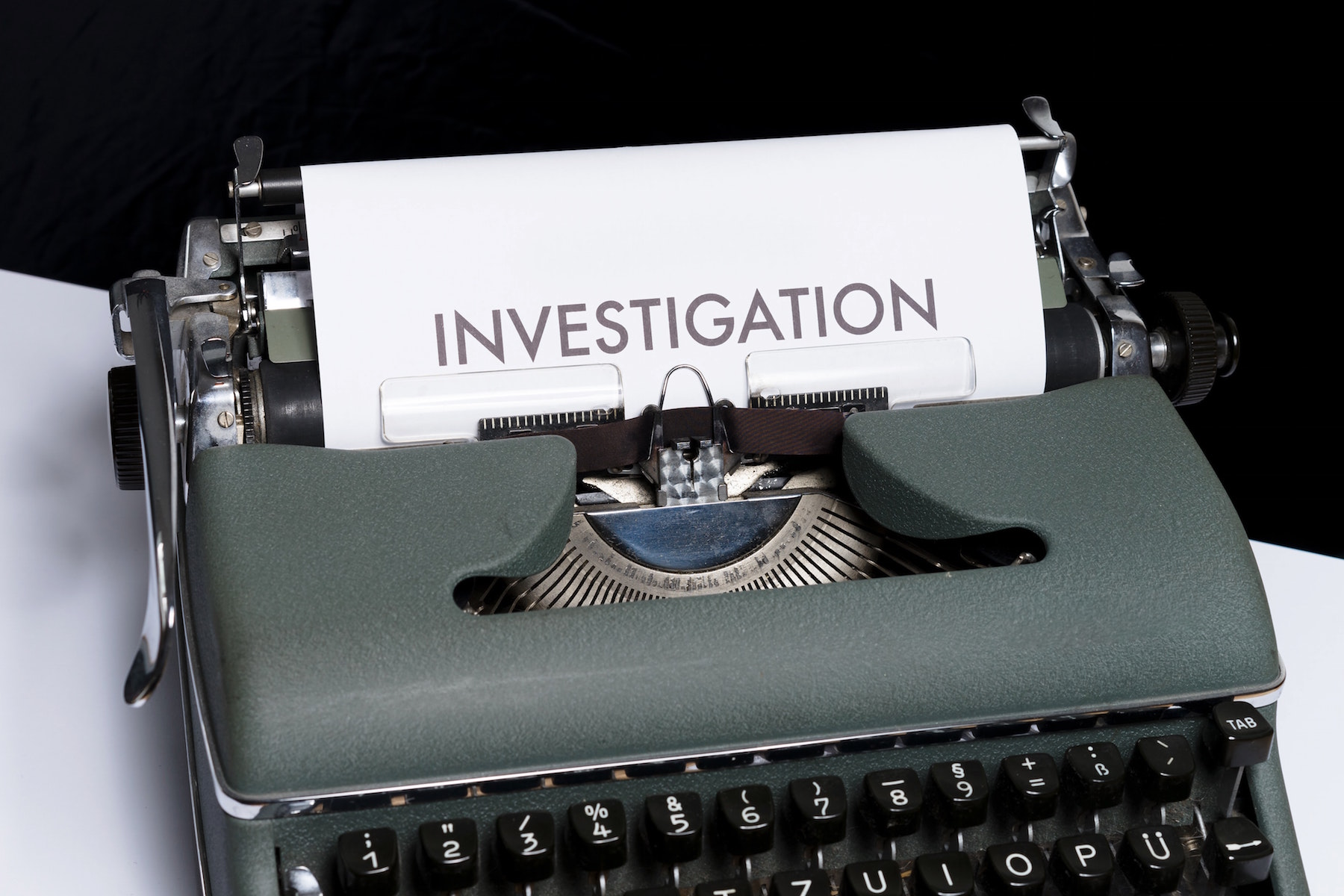
Police is to population ratio is not sufficient as per the recommended UN level to meet all the challenges yet their efforts are applaudable. With world going high tech, crime has been better utilise technology then the system. Aiming to bridge the gap and strengthen the system better the Supreme Court has asked to look into utilising technology in crime investigation and has directed that a mobile app used by the Delhi Police for videography and photography of crime scenes be tested by experts.
The top court was hearing a matter in which it had agreed to examine whether videography of any crime scene can be mandatorily done and how it can become admissible evidence in a court of law. The court said that all these technological innovations for use in investigations must ensure that the capturing of the crime scene through photographs or videos and their uploading through the app is completely tamper-free and fully encrypted. In 2018 according to a news report published in Economic Times says the police in 6 major cities including Delhi and Mumbai will take videography of the crime scene. Gujarat Police has taken a leap of a central server ‘mobile pocket cop‘. The app can be downloaded to aid every police station.
It must also be ensured that the capturing of pictures and videos and uploading the same through the app must be contemporaneous and, to the extent possible, must also come with GPS locations, the apex court said. The court has directed to look into the prototype implemented by the Delhi Police in 15 police stations of South Delhi District to be tested by experts. A bench headed by Justice U U Lalit said these parameters will ensure that the material collected and uploaded could be intrinsically trustworthy as evidence in a criminal trial.
The apex court directed that at least three high-ranking officials in Police, preferably from National Police Academy be associated as experts with such testing. These experts are at liberty to engage the services of any cyber crime experts or those who are well versed in internet and virtual platforms, it said. The court has directed they may also associate the services of Dr Arun Mohan, Senior Advocate who has been assisting this court as amicus curiae. The directions are part of bench November 18 order.
The apex court had earlier framed the question for consideration that “whether the only mode of proof of electronic evidence is as per Section 65(A) read with Section 65(B) or whether the said provisions are additional permissible mode of proof of an electronic record.”
Section 65(B) of the Indian Evidence Act says that electronic records need to be certified by a person occupying a responsible official position for being admissible as evidence in any court proceedings.
Photo by Markus Winkler on Unsplash





